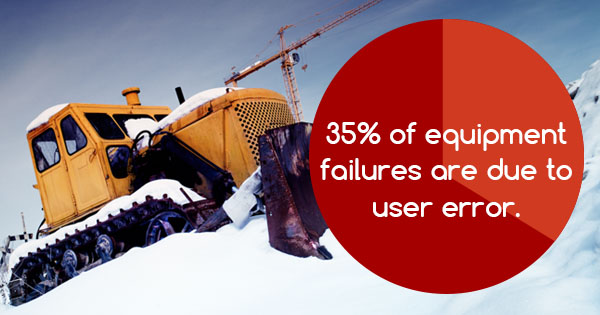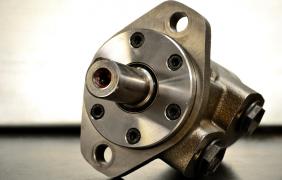How to Prepare and Maintain Heavy Equipment For Wintertime Use

Winter weather can be unpredictable, especially in the northeastern portion of the United States. And although both new and used Cat parts can operate under all sorts of tough conditions, you'll still need to properly prepare and maintain your heavy equipment for the winter season. Of course, should your machines need unforeseen repair or replacement, we specialize in heavy equipment servicing and can get you the replacement equipment components you need. But if you want to avoid unnecessary setbacks, here are a few tips on how you can better prepare and maintain your heavy equipment for wintertime use:
-
Store properly
When you're not using your machines, you'll want to keep them in a storage facility -- ideally one that's temperature-controlled. By keeping your equipment out of the elements, you won't need to brush off snow and ice or worry about frozen components. If you won't be using your equipment at all this winter, remove any attachments and store them separately to reduce the risk of damage. Fluids and oils need to be kept at room temperature or drained before storage.
-
Charge the batteries
If you are using your machines this winter, you need to make sure that the batteries are fully charged. Cold conditions make it more difficult for batteries to turn over. It'll be much easier for them to start if they're fully charged and warm. Frozen batteries may even explode! Storing batteries indoors can help eliminate this issue.
-
Achieve operating temperature
Before beginning your work, you need to run the engine until it reaches operating temperature. This will keep valves from sticking. You can help your machine operate more efficiently by going through all of its functions to distribute the warmed-up oil.
-
Check the tires
Cold temperatures can make tires lose their air more quickly. Before every shift starts, check all of the tires to make sure they're filled up properly. If you need to inflate your tires, do so in a heated area.
-
Install lubricants
You'll want to install the correct lubricants before the weather turns too cold and nasty. You also need to check fluid levels before you start your machine, every time. Do not use kerosene-diluted oil.
-
Look carefully
Nothing can replace a good visual inspection. It's the easiest way to see whether your attachments, hoses, and wiring need repairs. Be on the lookout for cuts, cracks, and worn spots on tires, hoses, and belts. You'll also want to remove snow or debris from tires. If you haven't scheduled an inspection, you'll want to do so before the season ends.
Although 35% of equipment failures are due to user error, you can still prevent accidents and repairs that come from weather-related risks. If you don't take these proactive steps to safeguard your equipment this winter, then you better have heavy equipment repair services on speed dial.


